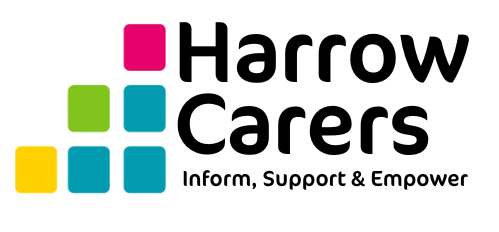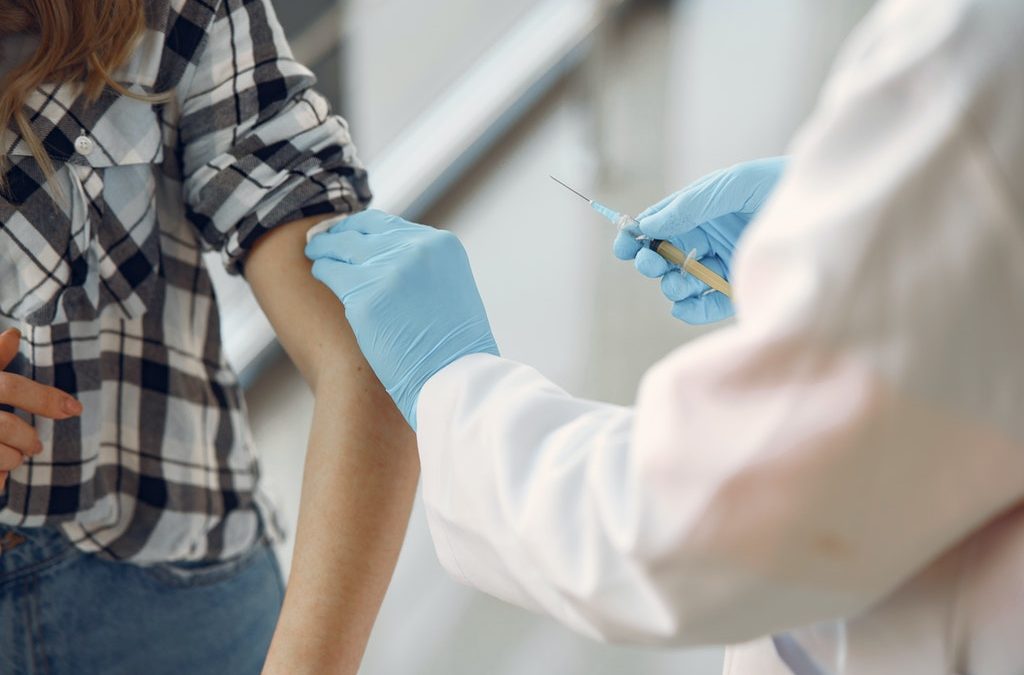There’s no doubt that vaccination offers the UK the best exit strategy from the ongoing pandemic. A large portion of the population are still rightly concerned, however. There’s fear about potential side effects, and a concern that the speed of development may have compromised safety.
How safe is the COVID-19 vaccine?
Rest assured that the vaccines approved for use in the UK have undergone strict procedures set by the Medicines and Healthcare products Regulatory Agency (MHRA) to ensure that the vaccine meets applicable standards of safety, quality, and efficacy. The MHRA follows the international standard of safety by testing each vaccine through all the clinical trials and safety checks.
To find out about the three coronavirus vaccines currently approved in the UK by MHRA, visit:
What are the potential side effects?
28.9 million have already their first dose of the vaccine as March 26th 2021, which is well on course to meet the target of 32 million receiving their first dose by 15 April, set by Prime Minister Boris Johnson. So far, there have been no reports of long-term complications and reports of serious side effects, such as allergic reactions, have been very rare.
The more common side effects of the COVID-19 vaccine are mild however and typically only last for a few days; this is your body responding to the vaccine.
Vaccine Hesitancy
Despite the potential side effects being known, there are still worrying concerns regarding the vaccine. Vaccine hesitancy isn’t new – this is when people believe a vaccine is unnecessary, unsafe, or ineffective (and perhaps all three). Some are reluctant to take the vaccine, or avoid it completely altogether. The fact that you may not catch the virus if you break social distancing rules and even if you do get it, the illness is mild anyway, has caused some to not take it seriously. However, it is still so important we try and control the spreading as much as possible, so we don’t pass it onto those who are vulnerable.
Do we want to be vaccinated?
A study conducted by the University of Oxford surveyed 5,114 representative participants asking about an approved COVID-19 vaccine. Promising results were shown as 72% of the population were willing to be vaccinated, with the remaining either unsure or hesitant. Despite this, vaccine hesitancy appears to be prevalent among almost a third of the population. This could be because of poor NHS experiences, discontentment with institutions, and even vaccination conspiracy ideas.
Another survey performed by the Royal College of General Practitioners showed that people of Asian, Black and mixed ethnic backgrounds are 36%, 53% and 67% respectively less likely to be vaccinated when compared to their white counterparts. Of course, they wouldn’t be ill-informed about the severity of the vaccine, but vaccine hesitancy in these ethnic minorities remains disproportionately high. Public health professionals must make it a priority to engage with these ethnic groups to increase their understanding of the vaccine and encourage them to get vaccinated.
If you’d like a more thorough understanding of what to expect from the vaccine in your own language, vaccination leaflets can be downloaded from the NHS England publications site, or using the site below:
https://covid.healthierfuture.org.uk/translated-information
Can I get the vaccine earlier if I am a carer?
A carer is anyone who provides unpaid care for a family member, partner or friend because of any illnesses or disabilities. If you have been receiving Carer’s Allowance for a while, or have a carer’s flag on your GP record, you are on a higher priority list to take the vaccine. You can either wait to be notified via letter to take your vaccine, or you can book a vaccination appointment if you are a main carer of someone at high risk of coronavirus.
Feel free to contact Harrow Carers at 020 8868 5224 if you’re unsure whether you are able to book your vaccination appointment, or have any other concerns.
Each of us has a responsibility to get vaccinated whenever possible; it’s important for your health, the health of your family and the health of the country. There is light at the end of the tunnel, but it’s important that we’re exposing ourselves to information we can trust. Public health experts should be up and down the country, presenting the right information, listening to the concerns of others and responding transparently. We can also do our part to counter, and limit the spread of, vaccine misinformation.

